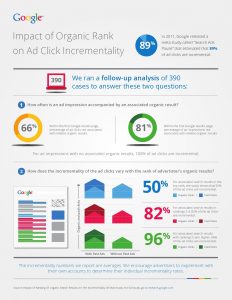The first page of Google is considered the online real estate. It is a great place to get found and be seen by locals. Research shows that 87.3 percent of US consumers use the internet and are looking for local businesses. Your website needs to be local-friendly and relevant to your customers’ searches. Listed below are some tips to optimize your website for local SEO. Keep reading for more helpful information. And don’t forget to give your site a local touch.

Local SEO involves optimizing your website for local searches. It involves using Google My Business and optimising your website for those searches. The first page of the results might not return your business if you’re targeting the same area as your service area. The reason for this is because Google will have determined the intent of the user when they search for a hotel. In other words, they may not return your site if the user is looking for multiple hotels.
Local SEO focuses on local business’ public perception and customer reviews. It’s critical that your Google My Business profile is optimized and complete. You won’t need the most impressive website on the Internet if you’re a plumber – the competition in your area is incredibly competitive. This is why it’s crucial to have a local SEO website. You don’t have to be the most popular plumber in the world to get noticed by potential customers in your neighborhood.
One of the best practices to local SEO is to make your phone number clickable. For example, if a mobile user is on the go, the phone number on the website is more likely to be clicked and a call will result. Another strategy to local SEO is to add a map to your site and incorporate your phone number into the page. This will increase your visibility in Google Maps, and it will make your website easier to be found on maps.
If you want to be found locally on Google, you need to make sure you use schema markup. It tells Google that you are a local business. This is an important step for improving your local ranking. You can use the tool from Hall Analysis to create a schema markup on your own. It’s easy to copy the code and paste it into the head section of your website. Try it out with Google’s structured data testing tool to see if it works.
Your website should be optimized for local search. This means that it should be optimized for local searches. It should be able to rank well in local searches. Its content should be localized. This will increase your chances of being found by customers. You should also include your phone number in the page. If your phone number is not visible, Google will not find you. Hence, the first step of local SEO is to create a page that is local to your business.
Besides creating and publishing content that is relevant to your target audience, you must also monitor and analyze data to make sure your strategy is effective. You should monitor data for click-through rates, website design, and reputation management. All this information will help you create a targeted Local SEO strategy for your website. It is crucial for your business’s success. It’s important to keep an eye on the results of your competitors. Its success depends on your analytics and a good reputation management plan.
Local search is an important aspect of the digital world. Google is constantly changing its algorithms and its local search formula is always evolving. As such, it is important to stay on top of these updates. As a result, you need to be proactive in optimizing your website for local searches. With these tips in mind, you’ll be able to stay ahead of the competition. So start improving your online visibility today!
As with any kind of search, local search ranking relies on information from a number of different sources. Social media and Yelp profiles often appear near the top of organic search results, so it’s important to be present on all these platforms. In fact, 20 percent of mobile searches are voice searches. The reason for this is because they tend to use natural language and longer keywords. This means that your online presence must be more relevant to local searches.




